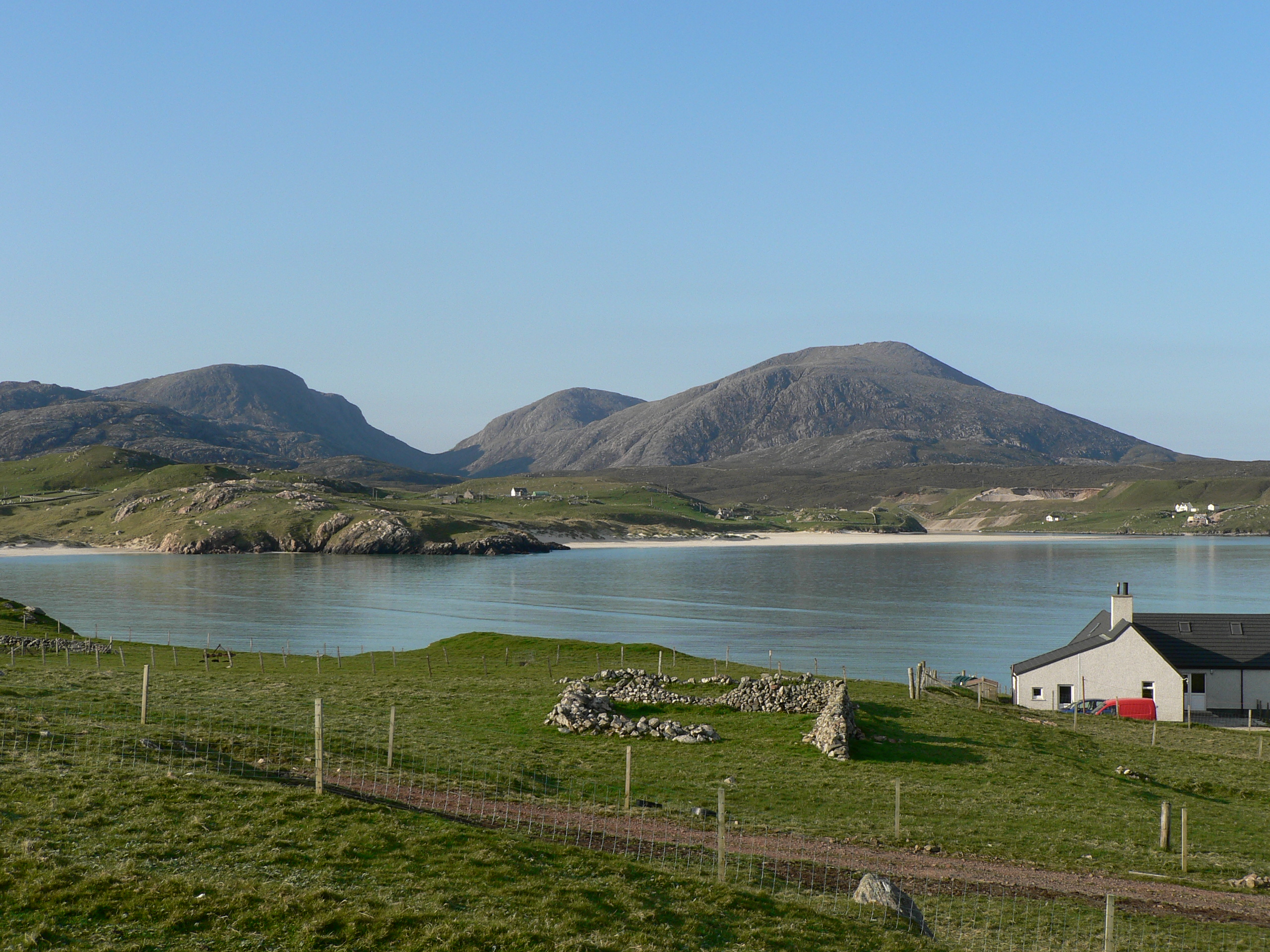Origins of the Smiths
From Rev William Matheson (Mac Gille Chaluim), Families of Lewis (1959) in the Stornoway Gazette. Rev Matheson begins by explaining how he reckons the Smiths of Earshader (from whom are descended the Smiths of Strome, Valtos, Laxay and Keose) were Morrisons sometimes known as Mackinnons, before they acquired the surname Smith in English. He continues:
If we may take it that the clan surname of the Smiths of Earshader was Morrison alias Mackinnon (the latter representing Gaelic Mac Cianain and not Mac Fhionghuin as in Skye and Mull) we are not without some traditional information as to how the first of them came to the parish of Uig. In the Morrison manuscripts there are a number of traditions about a noted character whose career began as a personal attendant to Donald Cam Macaulay. His name calls for some comment, for it was misunderstood by Captain FWL Thomas [who wrote on the history of Uig families]. He calls him John Du Chroig, and explains this as Big-fisted Dark John. But the Gaelic for that would be Iain Dubh na Croige. The reading in the Morrison manuscripts is in fact “John du Chraik” and, better still, the tradition Gaelic form is still known in Uig and is Iain Dubh Chraidhig. This last word must be a place-name, but unfortunately we cannot identify it. It may be in Harris or in Uist. [A subsequent letter to the Gazette suggests it may be in Barra.]
The story in the Morrison manuscript is that the Lewis clans were concerned in the capture of a fully armed ship in Barra, sent, as was thought, to subjugate the Long Island. All the crew were killed, except a man with his wife and child, who were discovered to speak Gaelic. The child was Iain Dubh Chraidhig.
Matheson suggests that this story may relate to a historical event in 1610, from a letter written by Neil Macleod of Berisay, a close ally of Donald Cam.
The letter is dated Lewis, 16th October 1610 and reports to the Privy Council on his capture of the English pirate ship “Priam” about June of the same year. He gives an account of the vessel’s cargo, of the numbers slain at its capture, and of the prisoners taken. The Council has sent a certain Patrick Grieve round the north of Scotland to take charge of the prize, the booty aboard her, and surviving members of the crew. Neil Macleod acquiesced in these arrangements, except in one particular – at the end of his letter he writes: “I did keepe ane Scottis man in my awin company to forder aduise,” that is, until the Privy Council should, if they saw fit, give further instructions about him. The man referred to may well have been the father of Iain Dubh Chraidhig. The captain of the pirate ship, Peter Love, may have taken him aboard somewhere in the Islands to act as pilot.
The important point about all this for our present purpose is that, according to the Morrison manuscript, it is from Iain Dubh Chraidhig that “the Mackinnons of this part of Lewis (ie Uig) are sprung.” This probably means in practice most of the Mackinnons in Lewis (the Lochs Mackinnons originally came from Uig); and as already mentions, Mackinnon appears as an alternative surname of one of the Smiths of Earshader.
Several traditions about Iain Dubh Chraidhig are in circulation and will appear here eventually.

